10 Common Personal Loan Mistakes To Avoid
Common Personal Loan Mistakes: Not checking the loan Amount, Cibil Score or Loan Eligibility, Not Calculating Loan EMI & Interest Rate, and more. Read on to know more.
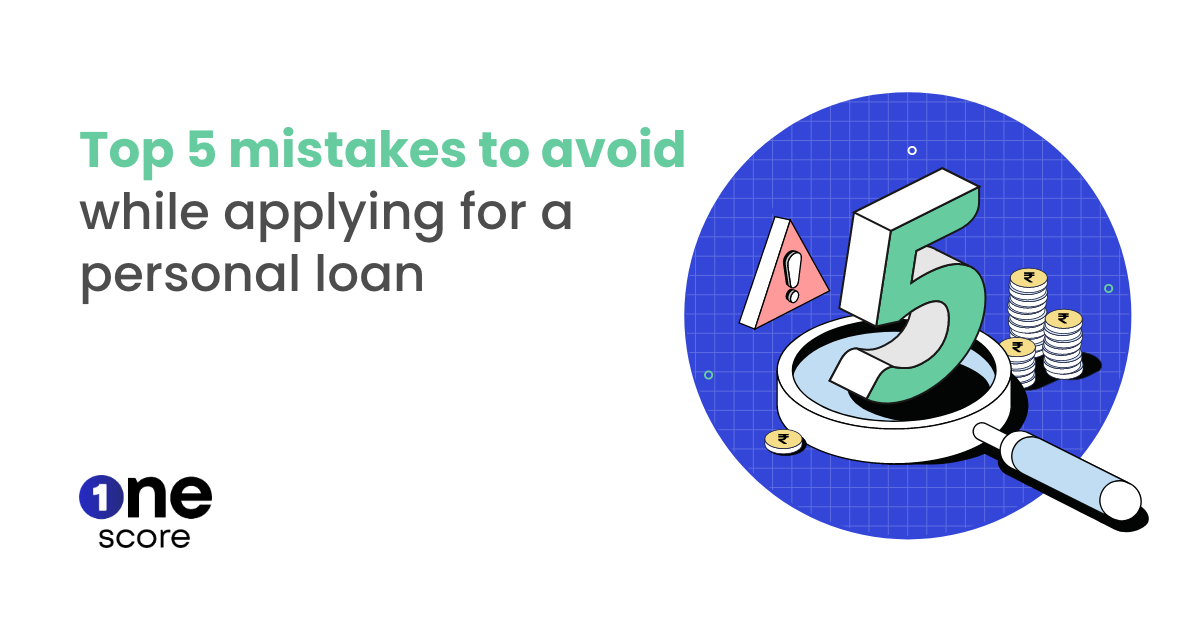
Personal loans are a great way to cover expenses and achieve financial goals. But when you apply for a loan, you must be careful not to fall prey to these common mistakes, which can lead to financial trouble.
1: Applying For a Personal Loan Without Checking Your Cibil Score
Your credit score will play a big role in determining how much you pay for a loan. If your score falls between 750-900, you’ll be offered the lowest interest rate on the market. But if it’s lower than that, your rates will be higher than what they could have been. So before applying for a personal loan, make sure to check your credit report. If there are any issues or mistakes on your report, you can get them fixed first. You can check your free credit report and report any discrepancy in your report on the OneScore app.
After that, it’s a good idea to compare offers and choose the one that best meets your needs.
Additional Read:- Are you creditworthy? Let’s see if you pass the test.
2: Borrowing More Than What You Actually Need
When you need money, make sure you only borrow what you really need. If you have a good credit score when you take out the loan, you may be able to get a low interest rate. However, don’t overextend yourself by borrowing more money than you need at the moment. Otherwise, you could risk your financial security and future access to loans or lines of credit.
3: Applying to Different Lenders at the Same Time
When you apply for a loan, the lender will check your credit report. This is known as a ‘hard enquiry’. Each time this happens, your credit score goes down a little bit. If you apply for a lot of loans in a short period of time, you look like you can’t manage your money well and appear as a risky borrower to the lenders, which makes it harder to get approved for a loan and could lead to higher interest rates.
Check for the number of hard enquiries in your name here.
4: Not Comparing Your Loan Options
While you shouldn’t apply for too many loans at once, you should still compare your options. All personal loans available in the market aren’t the same; some offer better rates and features than others, which means you will be able to save a lot in the coming years. Take your time to compare interest rates, processing fee, tenure options, eligibility requirements, etc. and choose the one that’s more favourable to you to make sure that you’re getting the best deal possible.
5: Not Reading the Terms and Conditions Thoroughly
When it comes to personal loans, surprises are rarely good! It’s important to read the terms and conditions (and not just the loan amount and interest rate) thoroughly before signing on the dotted line. Some things to watch out for include: foreclosure charges, part payment charges, and bouncing charges.
6. Choosing Longer Tenure with Lower EMIs
Some borrowers tend to choose longer tenures because it means lower EMIs. However, the longer the loan tenure, the more interest you will end up paying over time. Even if the interest rate remains the same, the extended repayment period will result in significantly higher interest charges. By choosing a shorter loan tenure, you can minimize the total interest paid. It’s advisable to calculate your DTI (Debt-to-income ratio) first and choose a shorter loan tenure if you can afford it.
7. Not Knowing Your Eligibility
If you apply for a loan you’re not eligible for, it can result in rejection. Every lender makes a hard inquiry before approving a loan application, and hence rejection of an application can leave a negative impact on your credit score. Knowing your eligibility beforehand helps you understand whether you are likely to get approved for the loan. The approval of your loan application depends on various factors such as credit score, income level, employment stability, and any other specific criteria related to the loan type.
8. Being Unaware of the Prepayment Penalty
Being unaware of prepayment fees can make your loan more expensive. Let’s say you decide to prepay your loan in the future, you must know about the prepayment penalty. A prepayment penalty is a fee charged by lenders if you pay off a loan before the loan tenure. This can reduce the amount of interest the lender would earn over the loan’s duration, and hence most lenders try to discourage borrowers from prepayment by charging this penalty. Therefore, before going ahead with your loan application, you must know about the various penalty fees or hidden charges associated with your loan offer.
9. Making Late Payments
Delaying your credit card bills can also hamper your new loan application Lenders typically review your credit report and payment history to assess your creditworthiness. Late payments can indicate that you are not able to manage your credit well. As a result, lenders may view you as a higher-risk borrower, and deny your loan application or charge higher interest rates at unfavourable terms.
10. Purpose of Loan
Some lenders also consider the purpose of your loan to determine your eligibility and interest rates. These lenders may have policies around how you can and cannot use the funds you have borrowed. To avoid hard enquiries, it’s better to have clarity about loan purpose and then find prospective lenders accordingly.
And most importantly, it’s crucial that you have a thorough understanding of your ongoing credit accounts and debt to better plan what amount you can realistically afford to borrow without putting a strain on your finances. To track all your credit accounts and regularly check your CIBIL score, download the OneScore app now.
FAQs
1. Can Personal Loan Be Rejected?
If you fail to meet the eligibility criteria pertaining to your CIBIL score, employability, loan purpose and other things, your personal loan application may get rejected.
2. What Is the Risk of a Personal Loan?
Personals loan generally have a high interest rate; the larger your loan amount, the higher the interest rate. The failure to repay the borrowed money can affect your credit score severely.
3. What to Avoid About Personal Loans?
Some people overestimate their ability to repay and take larger amount than they can afford to pay back. It is advisable to use EMI calculator to determine your affordability and plan your repayments.
4. What Factors Affect Loan Amount?
The loan amount is determined by various factors such as your income, credit score, debt-to-income ratio, lending policies, purpose of loan, etc.
5. Which Loan Is More Secure?
Home loan and auto loans are considered to be most secured loans.
**Disclaimer: The information provided on this webpage does not, and is not intended to, constitute any kind of advice; instead, all the information available here is for general informational purposes only. FPL Consumer Services Private Limited and the author shall not be responsible for any direct/indirect/damages/loss incurred by the reader in making any decision based on the contents and information. Please consult your advisor before making any decision.
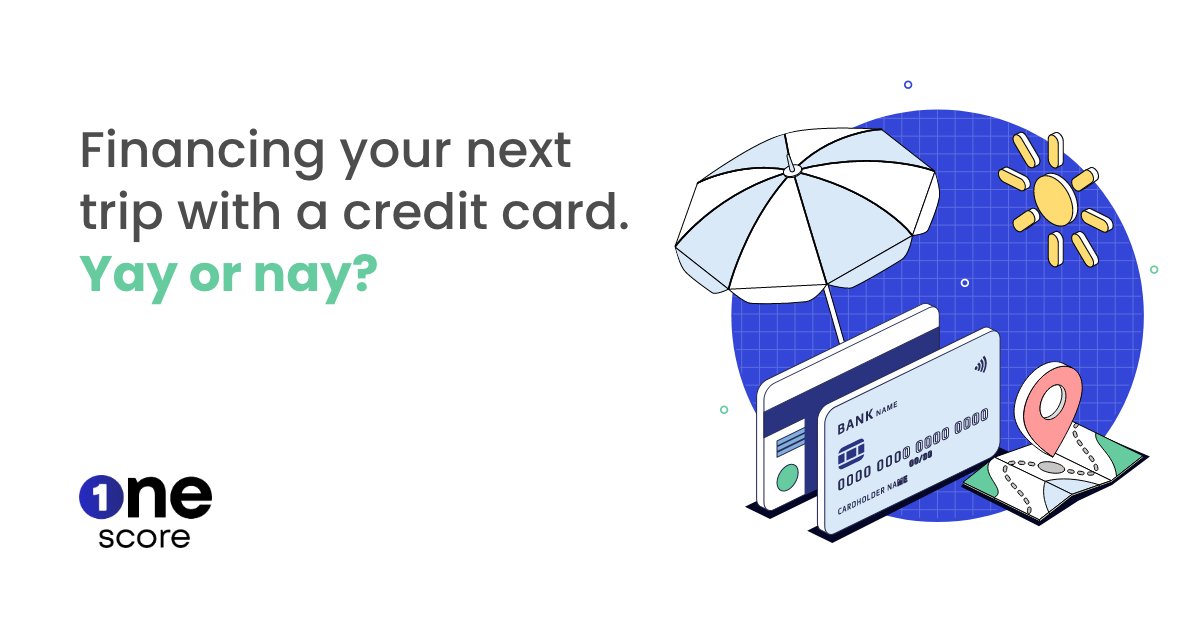
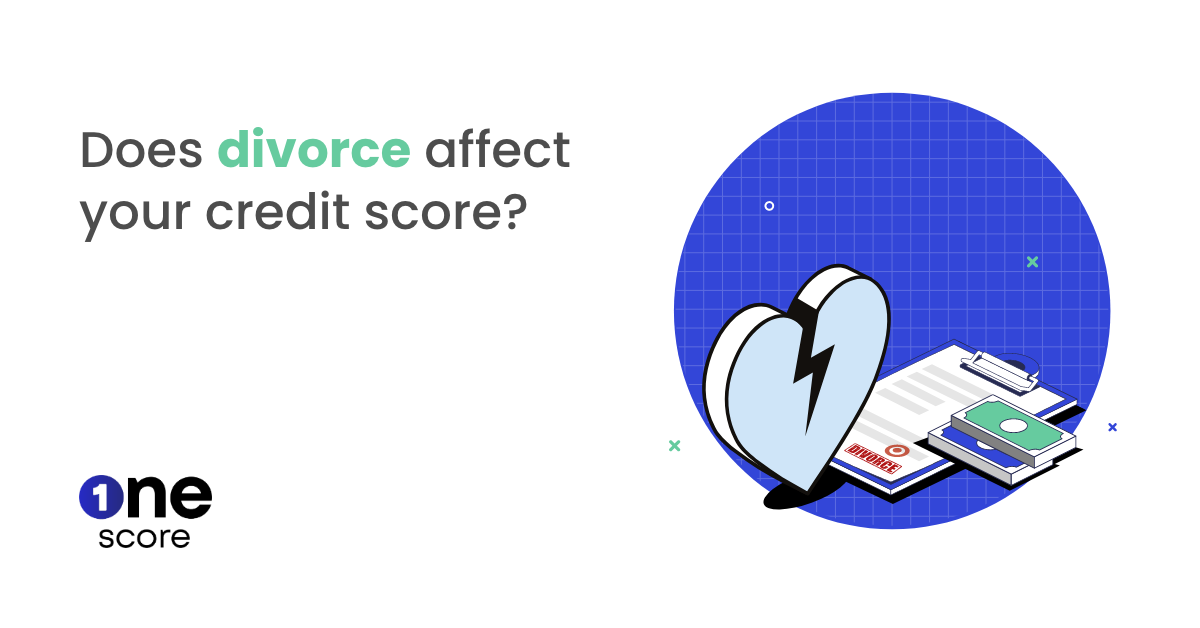
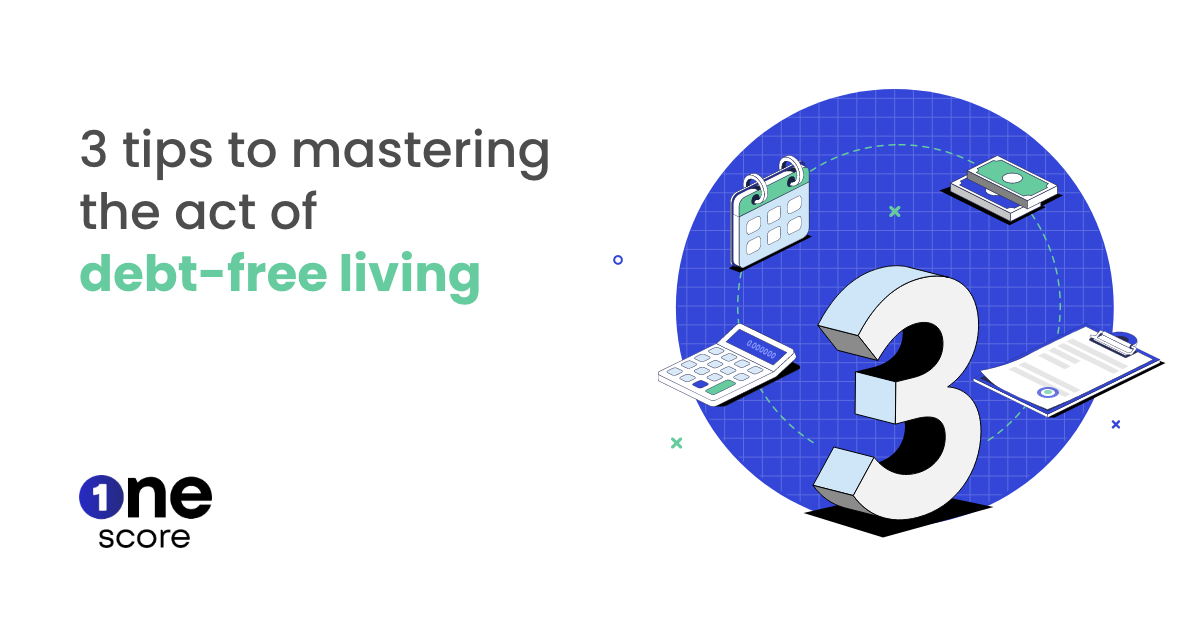
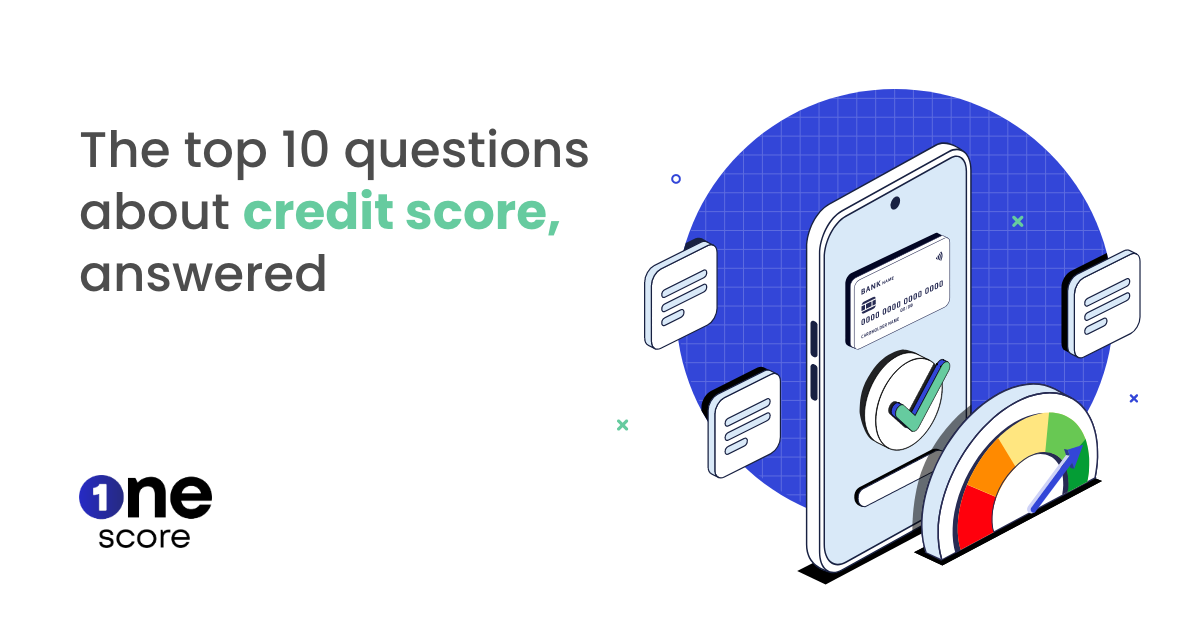
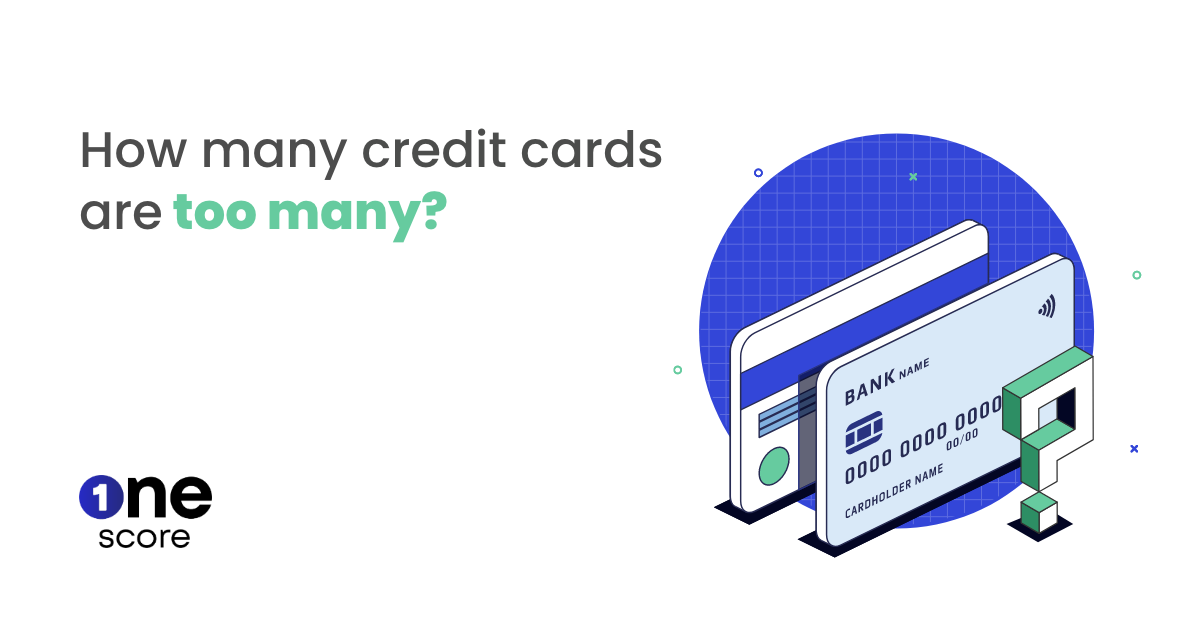
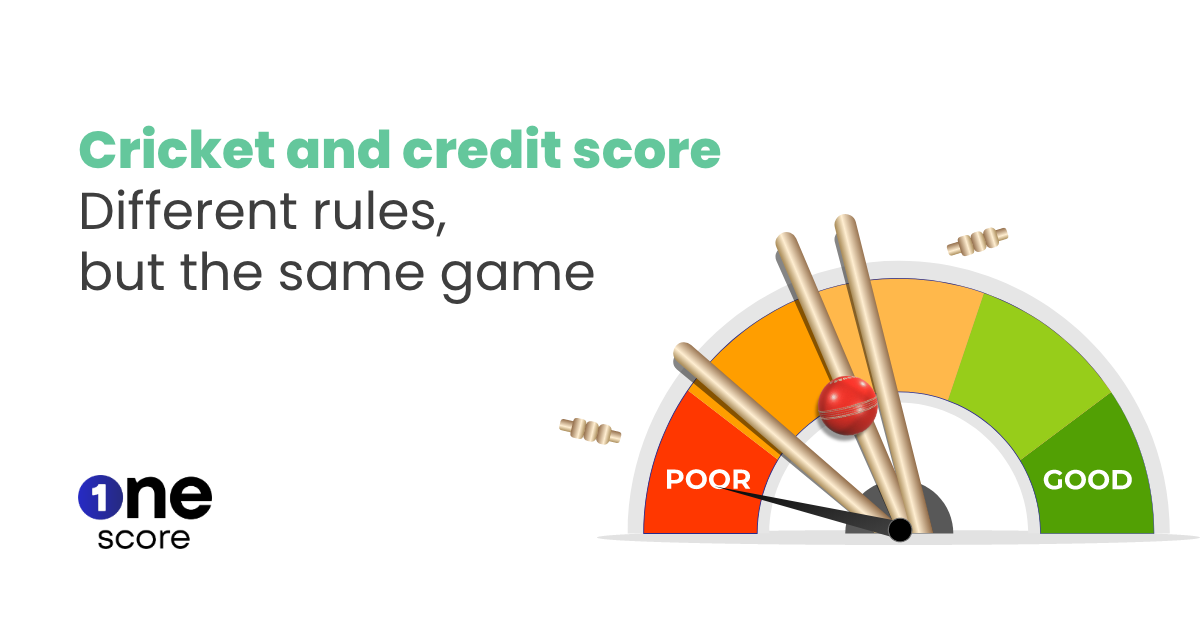
- OneScore , September 02, 2022

